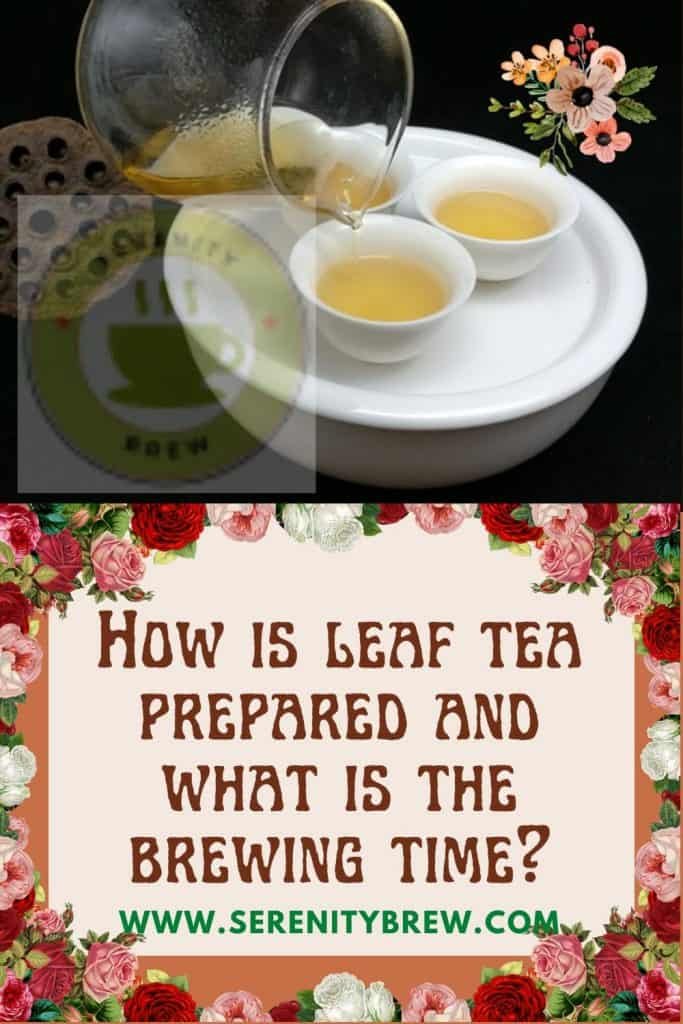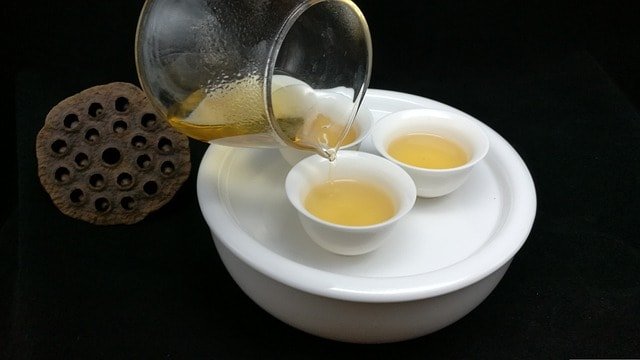
In this article we see what the differences between teas are and how the infusion time affects its qualities.
One aspect of tea that is often unclear is the difference between green tea, black tea, white tea, and oolong tea. First of all, it is good to point out that all types of these types of tea derive from the same plant.
What distinguishes the different types of tea, in fact, is not the plant but the processing undergone, with the exception of the so-called “red tea” which comes from another plant (rooibos), which we will not talk about in this article.
Green tea is made from fresh leaves, which are slightly heated and then dried. Black tea, on the other hand, is obtained by letting the leaves ferment, then toasting them and finally drying them.
White tea, on the other hand, is obtained by directly drying the leaves. Sometimes white tea is also made by roasting fresh leaves. Finally we have the oolong. This type of tea undergoes a semi-fermentation process.
As far as tea tastes are concerned, we can say that the “lightest” tea is undoubtedly white tea, followed by green tea. Black tea is often considered to be the full-bodied of teas.
Oolong is a good middle ground between black tea and green tea, with a pronounced and full-bodied flavor. There are many types of tea and it is good to keep in mind that the origin of the tea greatly affects its quality.
What is the right brewing time for tea and how does it affect its properties?

The variable that most affects the taste of tea, however, is the infusion time. In this regard, it is interesting to understand what happens during the infusion of tea.
A short infusion, which lasts from 30 seconds to 2 minutes, leads to the formation of a slightly colored drink with a very light and delicate flavor. If the infusion time is prolonged you will have a drink with a decidedly more intense taste and, if the tea is not of particular quality, you will notice a hint of “metallic” flavor given by the oxidation of the tea.
The finest teas, on the other hand, can be infused for up to 5-10 minutes without undergoing marked changes in taste. We also advise not to add sugar but to drink tea as it is.
If desired, sweeten with honey.
As for the antioxidant power of tea, it is evident that if the infusion time is short, few polyphenols are extracted, which instead abound in longer infusions.
On the other hand, with regard to theine, it is extracted very well already with a short infusion. To conclude, we can say that an infusion of about 3 minutes will lead to the formation of a tasty tea rich in antioxidants.
